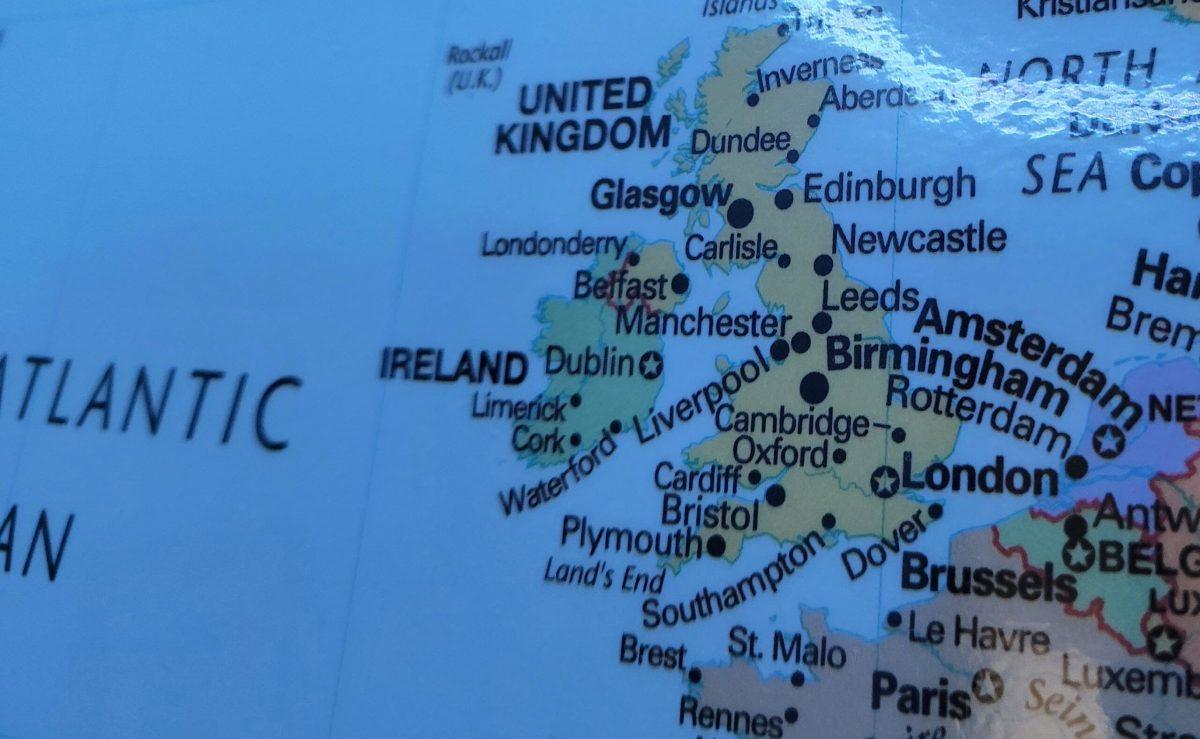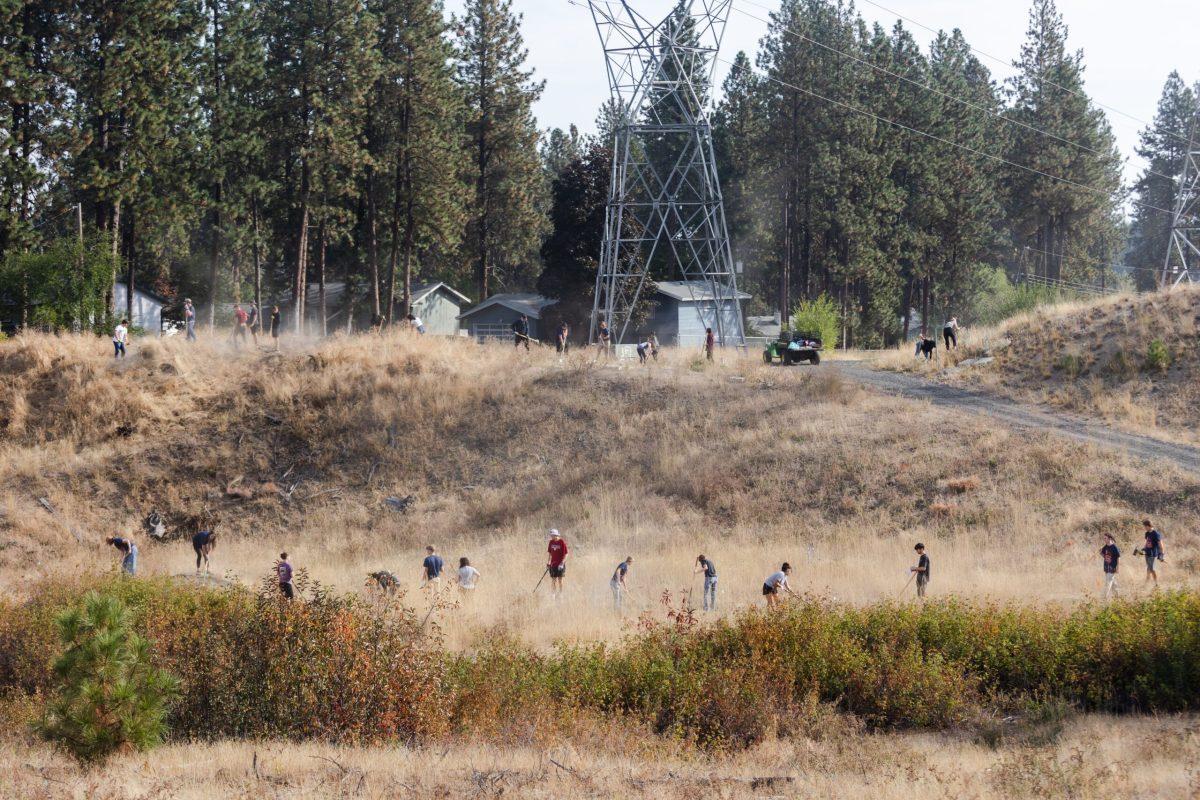Tens of thousands of protesters have been flooding Wisconsin’s state capital for weeks to protest a bill endorsed by governor Scott Walker reforming public unions in Wisconsin. The legislation just passed has caused national uproar. However, I believe that union reform, such as has been enacted in Wisconsin, is justified and advisable.
While this may not seem like a terribly significant piece of news, I would argue that it has implications for students as potential union members, future taxpayers and purely as students. Indeed, many of those protesting in Wisconsin were students.
So what is all the controversy about? To begin with, the State of Wisconsin is facing “a $137 million shortfall this year and $3.6 billion over the next two years,” according to Chris Bury and Olivia Katrandjian of ABC News.
To address this shortfall in part, Walker and Republicans in the state legislature proposed a bill that would limit the ability of government unions to collectively bargain and require them to pay for a greater percentage of their benefits, such as pensions and health insurance. This would save the state tens of millions of dollars in the coming years.
In response, unions in Wisconsin went wild, flooding the capitol for weeks. The 14 Democratic state senators fled the state in order to prevent the bill from coming to a vote. Numerous school closures resulted “after the state’s largest teachers union called for members to join the protests at the state Capitol,” according to Jeff Mayers of Reuters News.
According to Bury and Katrandjian, Senate Minority Leader Mark Miller said, “It’s heartbreaking. People break down in tears. This is a disaster.”
Topping them all, protesters in a YouTube video put out by the Heritage Foundation railed against the legislation as a “union-busting” bill, with one protester comparing it to “pre-Nazi Germany.”
This response is irrational and unreasonable on so many levels.
First, though the legislation does eliminate collective bargaining, this is not the same as eliminating unions. According to Scott Bauer of The Associated Press, “Unions could still represent workers, but could not seek pay increases above those pegged to the Consumer Price Index (CPI) unless approved by a public referendum. Unions also could not force employees to pay dues and would have to hold annual votes to stay organized.” A far cry from “busting” unions, these reforms not only save state money, but simply make good sense.
Second, the governor claims that the state would be forced to lay off as many as “12,000 employees over the next two years” for budgetary reasons without the reforms, according to Michael Fletcher of The Washington Post.
Third, and most infuriating, is the relative insignificance of the reforms on union members’ benefits. According to Kris Maher and Douglass Belkin of The Wall Street Journal, the bill “would require government workers, who currently contribute little or nothing to their pensions, to contribute 5.8 percent of their pay to pensions, and pay at least 12.6 percent of health-care premiums, up from an average of 6 percent.” A disaster on the scale of Nazi Germany? I think not.
Writing for National Review Online, James Sherk points out that “by private-sector standards these are modest changes.”
What this means is that Wisconsin public employees have about 99 percent of their pensions paid for by the taxpayers and contribute far less to their health insurance than their privately-employed counterparts. Even after the reform’s increases, unions would be getting a pretty sweet deal compared to the privately employed.
For instance, “The average Milwaukee public-school teacher salary is $56,500, but with benefits the total package is $100,005, according to the manager of financial planning for Milwaukee public schools,” writes Robert Costrell of The Wall Street Journal. These are the same teachers who shut down schools to protest for their “rights.”
Wisconsin was right to pass this legislation. We are no longer in the throes of the Industrial Revolution and, with public employee benefits far outstripping those of the private sector, it is clear that public-sector unions have largely exceeded their usefulness in simply protecting workers. As Paul Guppy of the Washington Policy Center writes, “under collective bargaining the governor bargains and the unions collect.”
Unfortunately, while unions do serve a valid purpose, too many students still hold a glorified view of public unions, as evidenced by the number of student protesters in Wisconsin. In light of the facts, however, it is time for students to adopt a more reasonable perspective on public unions.










